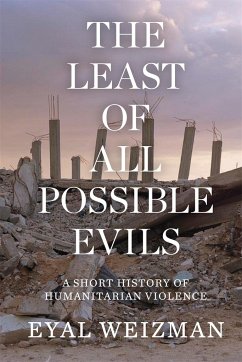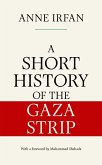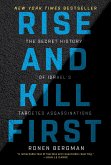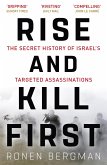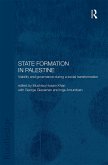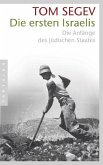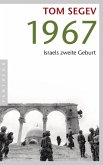The principle of the 'lesser evil'-the acceptability of pursuing one exceptional course of action in order to prevent a greater injustice-has long been a cornerstone of Western ethical philosophy. From its roots in classical ethics and Christian theology, to Hannah Arendt's exploration of the work of the Jewish Councils during the Nazi regime, Weizman explores its development in three key transformations of the problem: the defining intervention of Médecins Sans Frontières in mid-1980s Ethiopia; the separation wall in Israel-Palestine; and international and human rights law in Bosnia, Gaza and Iraq.
Drawing on a wealth of new research, Weizman charts the latest manifestation of this age-old idea. In doing so he shows how military and political intervention acquired a new 'humanitarian' acceptability and legality in the late twentieth and early twenty-first centuries.
Drawing on a wealth of new research, Weizman charts the latest manifestation of this age-old idea. In doing so he shows how military and political intervention acquired a new 'humanitarian' acceptability and legality in the late twentieth and early twenty-first centuries.

